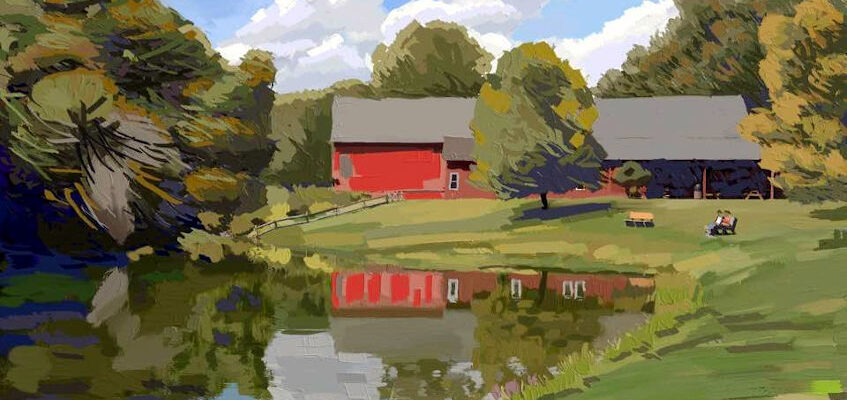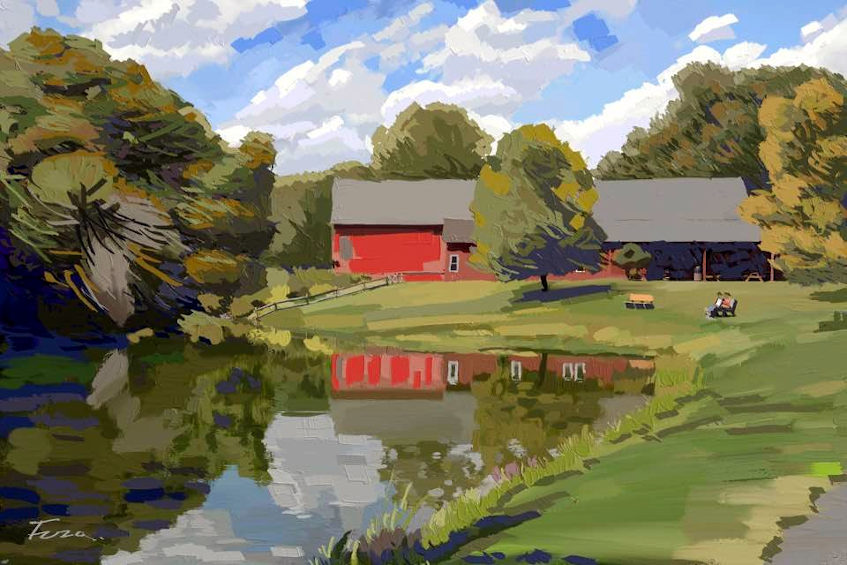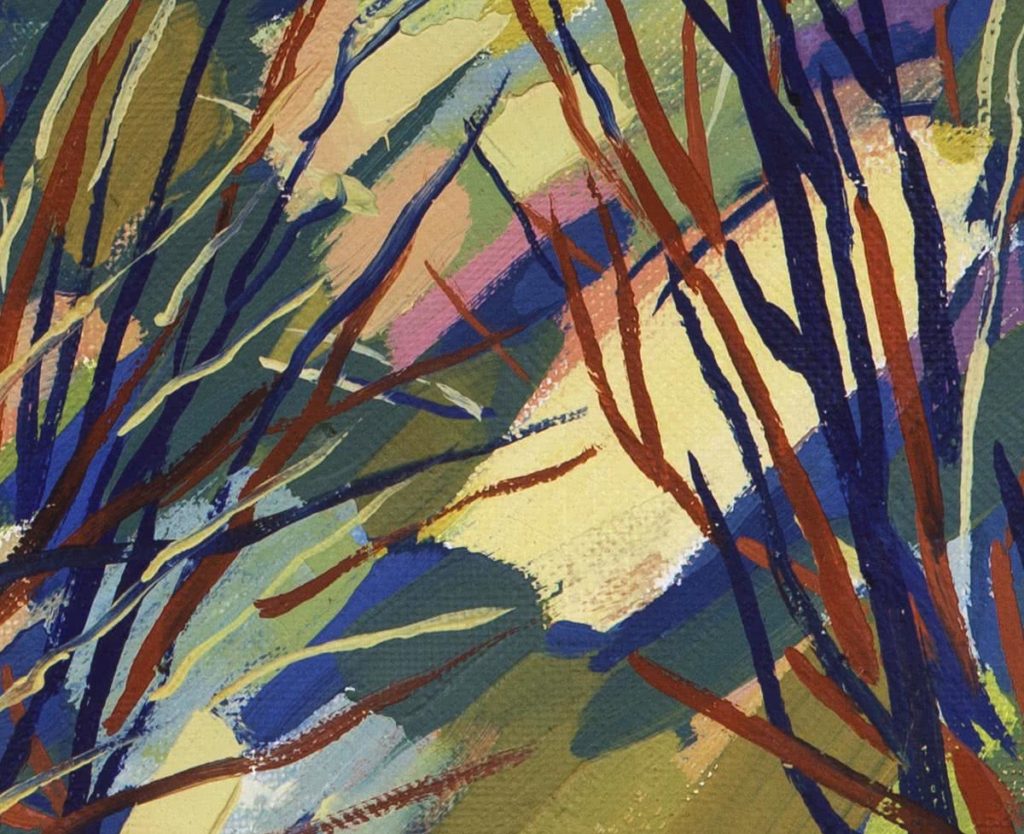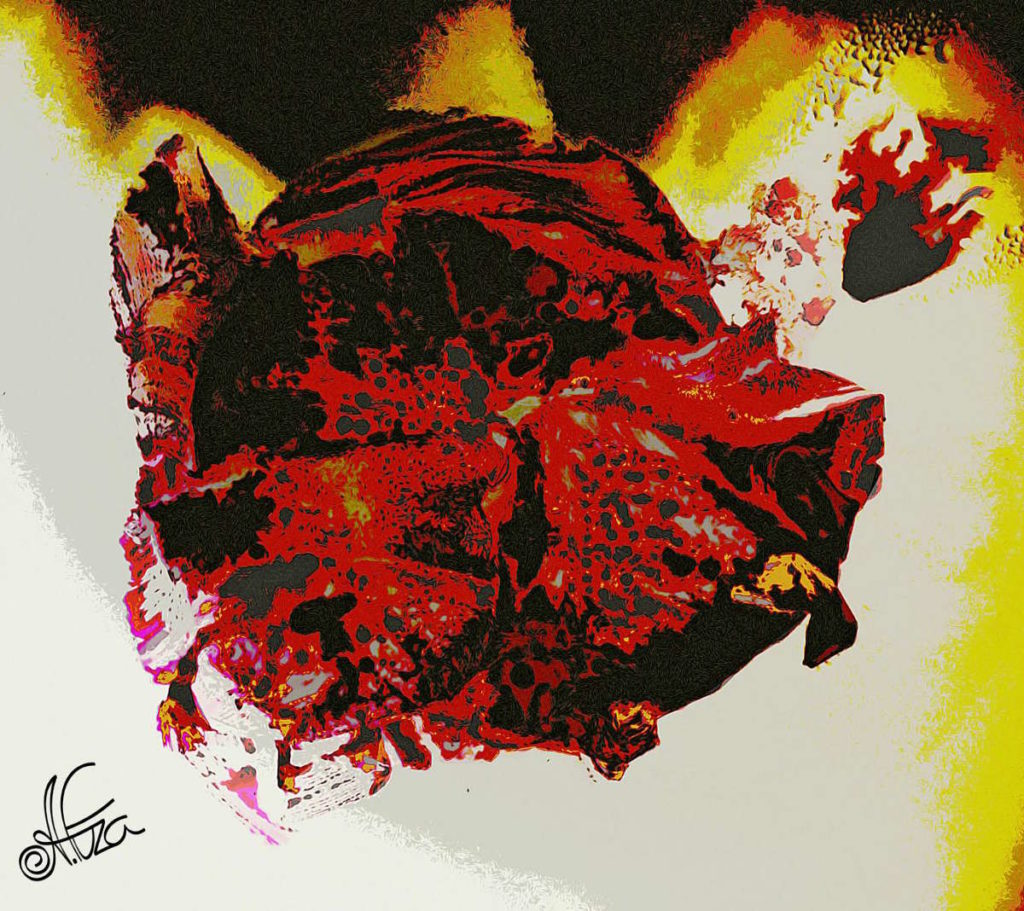Introduction
Digital painting is quickly becoming one of the most popular art forms in the world. It combines the beautiful textures of traditional painting with digital techniques that allow you to create beautiful masterpieces in mere minutes or hours rather than months or years. If you’re interested in learning more about this exciting art form, keep reading to find out what exactly digital painting is and why it’s so great! Digital Painting History The beginnings of digital painting can be traced back to the late 1950s when computers started to become available to consumers rather than just scientists and government officials.
Digital Painting by artists

Benefits of digital paintings
There are many benefits to digital painting. One being that you do not have to spend time waiting for an image to dry, and it is a lot easier to work on multiple images at once. You can also use software such as Photoshop, which allows you to edit your work easily.
Other:
1. It saves time
2. Each and every part of a digital painting can be customized
3. You don’t need any brush or paint
4. You will learn how to use Photoshop
5. Store all your images in a single place
How to paint digitally
The basics of digital painting are straightforward: digitally paint something by drawing lines or shapes on a computer. The resulting work is saved as a digital image file that can be printed, edited and resized at will. Even if you’re not interested in creating your own artwork, learning about digital painting is an excellent way to gain insight into how computers work. This tutorial will give you some basic instruction on how to draw in software like Adobe Photoshop and Painter 2022.
Digital artwork examples
Some people use a tablet/stylus to draw on their computer monitor, but you can also do it with your finger if you don’t have one. If using a mouse or touchpad, make sure to disable your ‘mouse acceleration’ feature (in Windows 8, Windows 10 or Windows 11 open Control Panel > Mouse). This will reduce jittery lines, keeping your line weight consistent throughout a piece. Try setting ‘Double-click speed’ very low (1ms). This will ensure that no matter how fast you move your cursor, nothing happens until you click twice.





